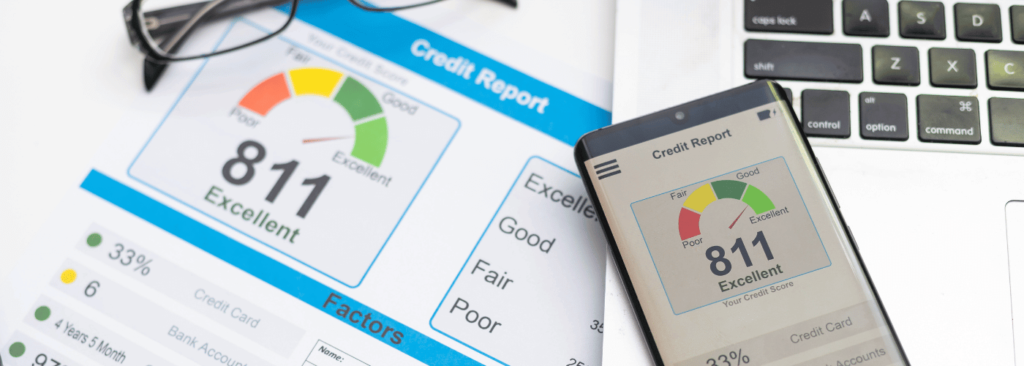Credit card reporting can often seem like a labyrinth of confusing terms and processes. However, gaining a clear understanding of how your actions impact your credit score is crucial for financial health. Let’s demystify the world of credit card reporting together.
What is Credit Card Reporting?
At its core, credit card reporting refers to the process by which credit card companies report your account activity to credit bureaus. This includes information such as your credit card balance, payment history, and credit limit.
How Often is Information Reported?
Credit card companies typically report your account information to the credit bureaus once a month. This means that your credit report is updated with new information about your credit card activity on a monthly basis.

Impact on Your Credit Score
Your credit card reporting can have a significant impact on your credit score. Timely payments and low credit utilization can positively affect your score, while missed payments and high balances can lower it.
Factors Affecting Credit Card Reporting
Understanding the factors that influence credit card reporting is essential for managing your credit effectively.
Payment History
Your payment history is one of the most critical factors in credit card reporting. Late payments can stay on your credit report for up to seven years and can significantly lower your credit score.
Credit Utilization
Credit utilization refers to the percentage of your available credit that you’re currently using. Keeping your credit utilization low—ideally below 30%—can positively impact your credit score.
Length of Credit History
The length of your credit history also plays a role in credit card reporting. Generally, a longer credit history can improve your credit score, as it demonstrates your ability to manage credit responsibly over time.
Strategies for Improving Credit Card Reporting
Now that we’ve explored the fundamentals of credit card reporting, let’s discuss some strategies for improving your credit score through responsible credit card usage.
Pay Your Bills on Time
Making timely payments is crucial for maintaining a positive credit history. Set up automatic payments or reminders to ensure you never miss a due date.
Keep Credit Utilization Low
To keep your credit utilization low, aim to pay off your credit card balances in full each month. If that’s not possible, try to keep your balances as low as possible relative to your credit limits.
Monitor Your Credit Report Regularly
Regularly monitoring your credit report allows you to catch any errors or discrepancies that could negatively impact your credit score. You’re entitled to a free credit report from each of the three major credit bureaus—Equifax, Experian, and TransUnion—every 12 months.
Understanding credit card reporting is essential for anyone looking to maintain or improve their credit score. By paying attention to factors such as payment history, credit utilization, and length of credit history, you can take control of your financial future and achieve your long-term goals.
FAQs
1. How often is credit card information updated on my credit report?
Credit card information is typically updated once a month, although the exact timing may vary depending on your credit card issuer.
2. Can late payments be removed from my credit report?
While late payments can stay on your credit report for up to seven years, you may be able to have them removed by disputing any inaccuracies with the credit bureaus.
3. Will closing a credit card account affect my credit score?
Closing a credit card account can affect your credit score, especially if it results in a higher credit utilization ratio. However, the impact will depend on your individual credit profile.
4. How long does it take for credit card payments to reflect on my credit report?
Credit card payments typically reflect on your credit report within a few days to a week after they are made, depending on the reporting cycle of your credit card issuer.
5. Is it better to pay off my credit card balance in full or make minimum payments?
Paying off your credit card balance in full is generally better for your credit score, as it can help keep your credit utilization low and demonstrate responsible credit management.

